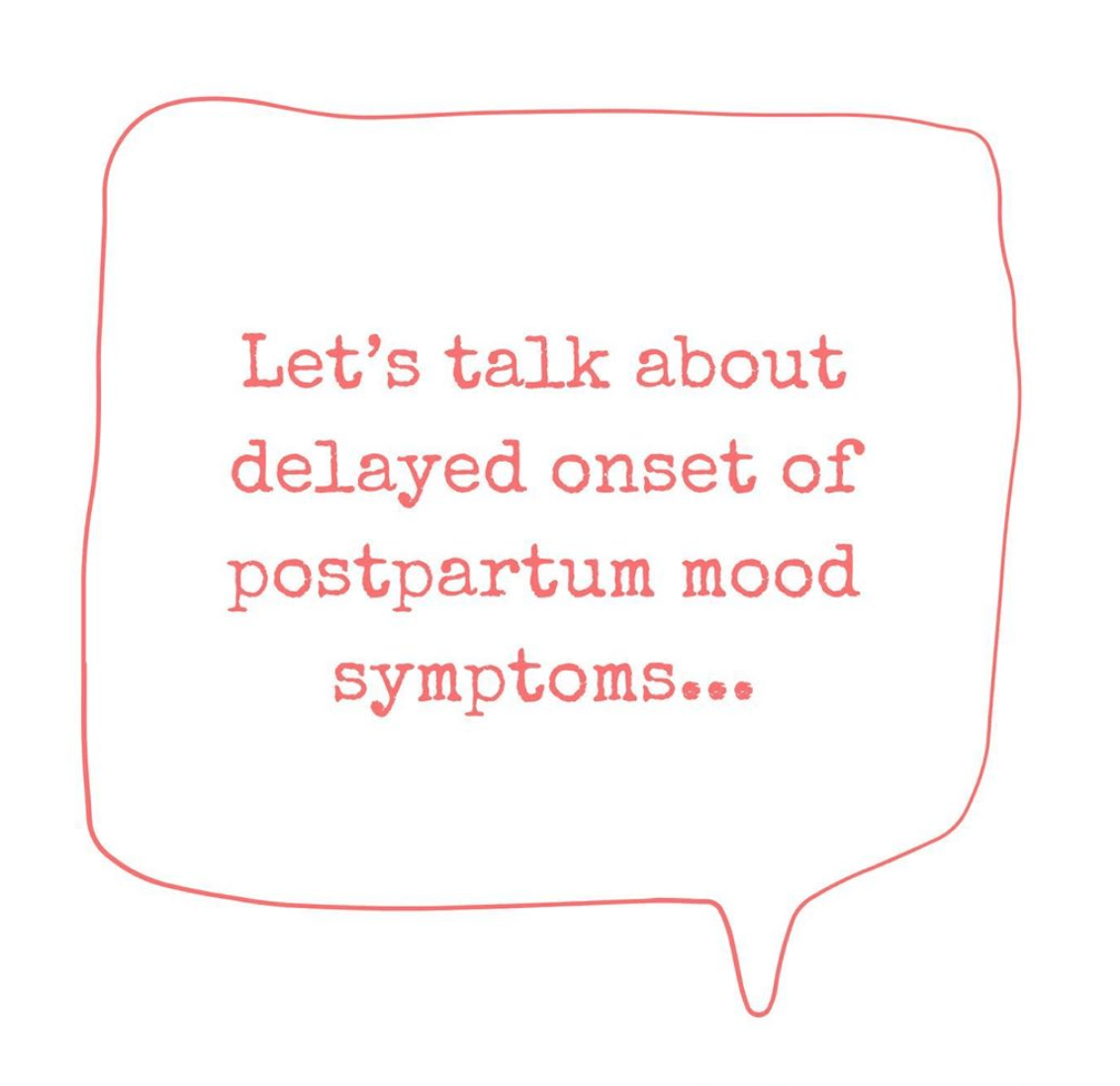It likely comes as no surprise that pregnancy, postpartum, and new motherhood are emotional. But for soon-to-be or new moms, the emotional ups and downs of a time period that’s often painted as all joyful, magical, and seamless can be confusing—and sometimes seem to contrast the tears, isolation, and overwhelm that many moms feel.
Plus, with about one in seven new moms and one in 10 new dads or partners experiencing a Perinatal Mood and Anxiety Disorder (PMAD), it’s easy to wonder when changes mental health teeter on something more serious.
Here’s the truth: Becoming a mother is likely one of the biggest transitions that you’ll go through in your life, so feeling a mix of emotions (from elation to sadness and fulfillment to loss) is normal.
Fortunately, there are therapists who are specifically trained in the prenatal and postnatal period, often referred to as the perinatal period, who get exactly what you’re going through.
Bethany Warren, LCSW, PMH-C, is one of them—she’s a San Diego, CA-based therapist certified in perinatal mental health (follow her on IG!). Here, her answers to common questions people have about the monumental time period of pregnancy, postpartum, and new motherhood.
Q&A with Bethany Warren, LCSW, PMH-C, Perinatal Mental Health Therapist
Q: Can you explain the normal range of emotions in the perinatal period?
A: Having a baby is one of the biggest life changes you will ever go through, and coupled with this huge life shift are also tremendous hormonal changes. Even dads, partners, parents through surrogacy, and adoptive parents can experience a myriad of emotions when having a new baby.
So, of course, you are going to notice changes in your emotions as you're going through this huge developmental shift in your life. It is healthy to experience a roller coaster of emotions when conceiving (particularly if your journey toward conception has been long or difficult), if you've had a difficult or challenging pregnancy, if there have been scares along the way, and if your delivery was difficult.
There are also significant hormonal fluctuations after delivery that have an impact on mood changes as well. We call the first few weeks of hormonal changes the "baby blues" because it is quite common for women to be weepy and have changing moods that may last a few weeks. About 80 percent of women will experience this, so if it happens to you, you're not alone, and this is temporary. Sleep deprivation does a number on emotions, you are also likely noticing changes in your relationship with your partner and friends, changes in your career, and changes in your identity.
How could this not have an impact on your emotions at times? It's important that you find people who you can confide in and feel validated.
Q: When do emotions become worrisome?
A: I like to suggest the following prompts or markers to help you determine when you are experiencing emotions related to the adjustment of becoming a new parent versus something that might be indicative or something more serious, like a PMAD.
It can be helpful to learn how to determine if what you are experiencing is part of the expected journey, or more troublesome.
- Duration: How long have you been experiencing your mood symptoms? For example, every new mom cries at some point, but do you feel like you’ve been crying for more days than not over the last several weeks? Do you feel like most of your days are “bad days” where you feel irritable, anxious, or off? Has it been months of feeling this way?
- Intensity: How bad does this feel? Every parent has worrisome thoughts, like “what if I drop my baby?” or “what if I can’t handle a blow out diaper in public?”, but are these anxious thoughts so bad that you’re now avoiding certain activities, feeling paralyzed and panicked, or seeing horrible images replay on a loop? Is your basic functioning impacted (like is it hard to take care of yourself or the baby sometimes)?
- Frequency: How often are you feeling this way? It’s really common with motherhood to doubt yourself, have anxious times, or sometimes wish that you could run away. But are you feeling this way more often than not? Are your anxious thoughts constantly throughout the day, or are you experiencing rage or irritability on a daily basis, or is your new normal feeling constantly sad?
Q: When might you benefit from professional help?
A: Anyone could benefit from mental health support at any point (you don't have to wait for a crisis!). But if you’re noticing any of the above markers, professional help is important.
I am writing a workbook that will be released next year to help women navigate their emotions when having a baby, and the biggest takeaway in that workbook is that emotional changes—and even mood disorders—around pregnancy and the postpartum period are temporary and treatable.
If anything feels off, know that it's okay to not be okay right now. You deserve help and support—and mental health support is a good way of building your village right now. By getting help, you are doing a great job of taking care of yourself, and by extension, taking care of your baby.
Q: Can you tell us a bit about the PMH-C certification in perinatal mental health?
A: I'm so grateful to Postpartum Support International (PSI) for creating the perinatal mental health certification because it further legitimizes perinatal mental health as a specialty. If you see a provider with these initials after their name, you know that she/he has gone through advanced training in perinatal mental health, has passed a certification exam, and will be up to date on continuing education units in her/his profession and this specialty. It's important, for example, if you seek therapy or medication advice, that you are going to someone who has experience specifically in treating pregnant and postpartum women, and this is one way of determining that your provider has this experience. You can find PSI’s directory of PMH-C certified providers here.
Q: What's your biggest takeaway when it comes to emotions and pregnancy?
A: Emotions are normal, period. And during pregnancy and after having a baby, emotional changes are to be expected.
To find a therapist, psychiatrist, support group, and other resources online or near you, please go to postpartum.net.
the guide

From PCOS to perimenopause, hormonal shifts happen at every life stage. Learn why hormone-safe skincare is a must—even if you’re not expecting.

Whether you’re pregnant, postpartum, or perimenopausal, choosing the right ingredients makes all the difference. In this guide, we explain why endocrine disruptors matter, spotlight clean actives a...

A deep-dive of our Brightening Essence. A dual-action toner and serum that gently exfoliates and hydrates to reveal a vibrant, more even complexion. Formulated for hormonally shifting skin, it help...








Leave a comment
All comments are moderated before being published.
This site is protected by hCaptcha and the hCaptcha Privacy Policy and Terms of Service apply.